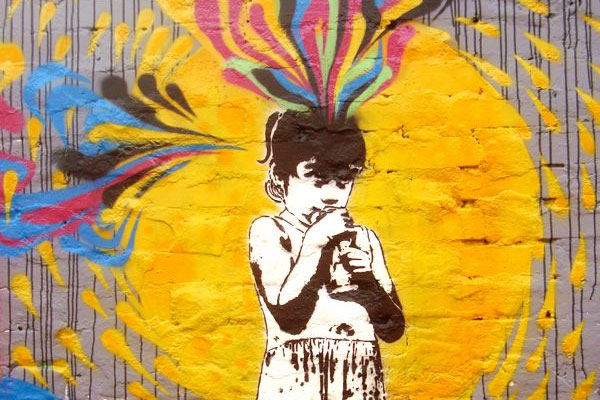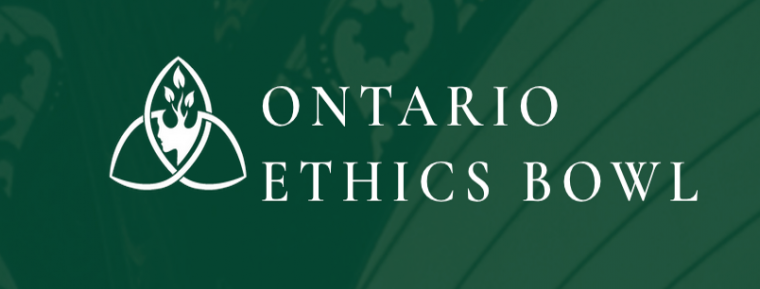Philosophy
Welcome to the Department of Philosophy at the University of Guelph!
Our department invites you to delve into big questions about existence, knowledge, ethics, and reasoning. You’ll have the chance to engage with philosophical ideas from various traditions and learn how to think critically and argue effectively. Whether you’re thinking about joining us, are already part of our community, or are just exploring, we hope you find inspiration and challenge in our programs. Enjoy discovering how philosophy can help you explore new perspectives and enhance your understanding of the world!
Follow us on instagram: Department of Philosophy | Society of Undergraduate Philosophers | Philosophy Graduate Student Association
Undergraduate Programs
Graduate Programs
Features
Upcoming Events
No results found.







